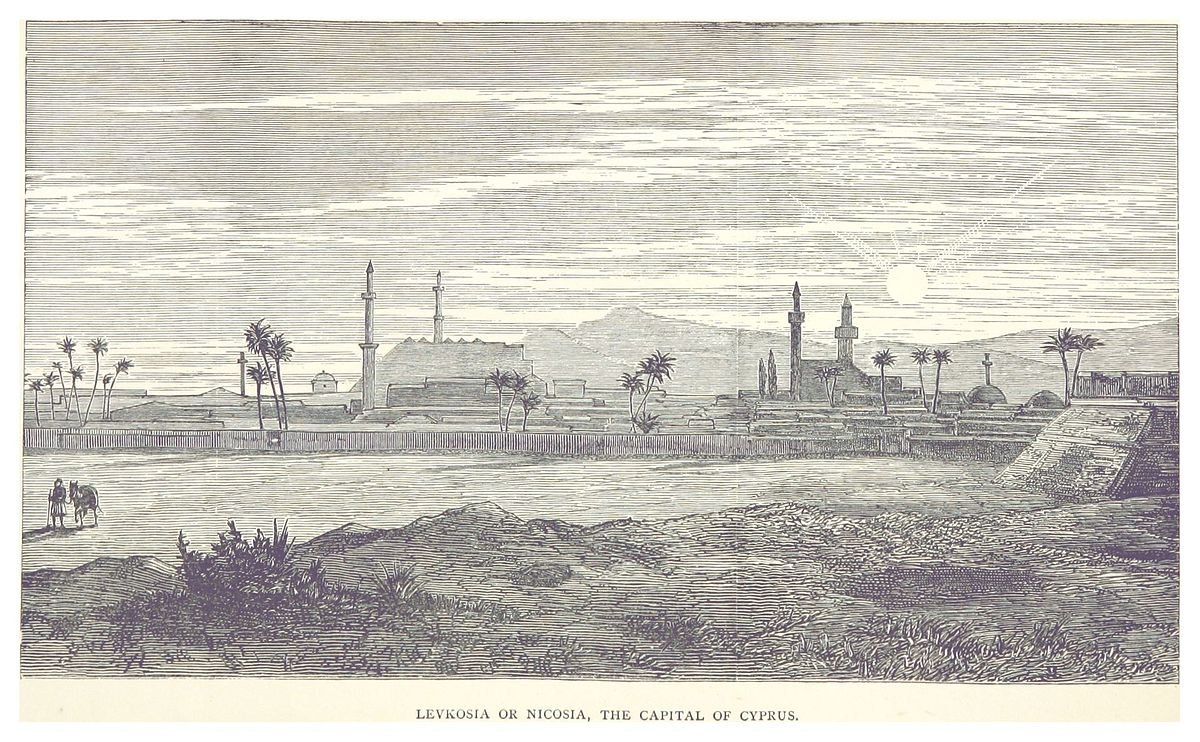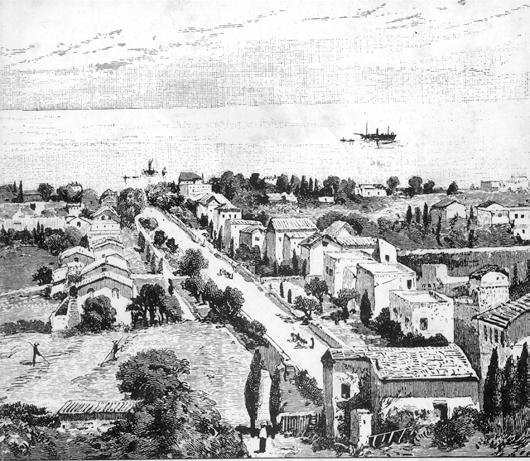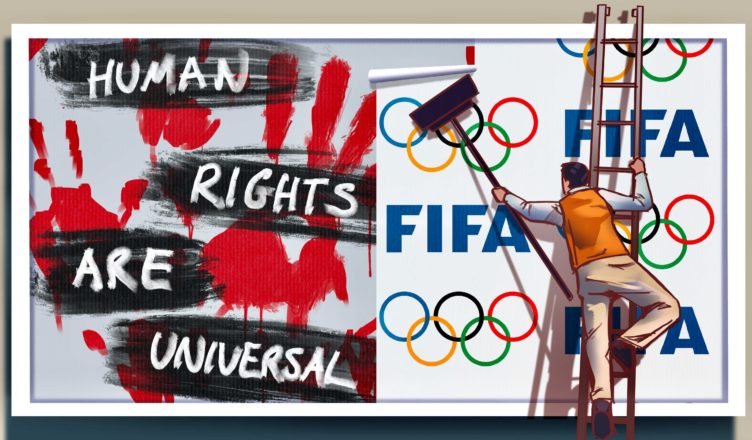
Women in Translation 2024
As you may know, August is Women in Translation Month, when women translators and authors are in the spotlight! For each day in August, I have shone a spotlight on one WIT book published this year, so check them out!

Pre-Zionist Palestine in the Media: Jewish Farms in Palestine
Farming was obviously very important to Zionists for a variety of reasons and also dredged up a weird prejudiced stereotype. I’m interested in doing more work following up on the claim that Palestine’s land and soil was barren and neglected. The Palestinian article doesn’t go into much detail about the farms’ statuses, but Jewish authors and Zionist writers laude the success of Jewish agriculture.

Bias in Translation: Orientalism, the Quran, and 1001 Nights
Continuing on from the previous article in my Bias in Translation series, we’re going to examine the two most significant texts that Orientalists translated from which many modern racist and Islamophobic stereotypes are derived: the Quran and One Thousand and One (1001) Nights.

Pre-Zionist Palestine in the Media: The Jews in Rafah
I noticed this article on Rafah, and considering the imminent invasion into Rafah, I thought it would be a good choice. So, we’re jumping to the early 1900s!

Pre-Zionist Palestine in the Media: England, Jews, and Cyprus
The point of this week’s post is that Zionists were not particularly picky about where they would establish their ‘Jewish homeland,’ and that the British’s plans frequently shifted based on their whims. What the Zionists truly valued was a colonial backer more than a specific geographical location.

Bias in Arabic-English Translation: The Legacy of Orientalism
Today, Islamophobia and racism, which stem from Orientalism, are predominant factors that influence Western stereotypes about the SWANA region and its people. This blog series will examine how these biases influence and are influenced by translation.

Pre-Zionist Palestine in the Media: Zikhron Ya’akov, 1886
Here is an article from Al-Bashir, a Lebanese Christian newspaper, about the Israelite colony “Zikhron Ya’akov,” published on September 8, 1886

But Hamas Project Complete!
I took a phrase commonly said about Hamas when I try to advocate for a ceasefire or more aid to Gazans, and I challenge the narrative surrounding and dispel some myths with facts.

Push for Terminology: Beneficiaries
The word “beneficiary” is not very negative or problematic in itself, but since at least 2015, humanitarian aid and international development professionals were calling for this term to be replaced.

Push for Terminology Change: Developing
Besides being a blatant replacement for “Third World,” the general sense of “developing” is that a country is not on the same level as a rich country like the US economically, technologically, or sometimes even socially, but it is working on it. So rich countries are labeled as “developed” and poorer countries are labeled as “developing.”

Push for Terminology Change: Climate Change
The term ‘climate change’ refers to “long-term shifts in temperatures and weather patterns.” Some find this problematic because people use this term to argue that climate change is a natural process…

Infographic Fun: Abortion Bans in the US
We could discuss bodily autonomy forever, but this post is about depicting the ambiguous situation we find ourselves in right now (July/August 2022). I wanted to show how convoluted abortion bans are state-by-state and how confusing the state’s definition of personhood is.

Sportswashing in Representation
Sportswashing is when a state or company tries to whitewash human rights violations by sponsoring a sports team or hosting a sporting event or sports tournament.

Infographic Fun: Reducing Individual Plastic Waste
I made the switch because I wanted to reduce my plastic waste, but it got me thinking: how much impact is made by me reducing these select items? While we all need to reduce our plastic (and other types of) waste, we also need to change our systems that create waste or are inefficient in disposal.

Push for Terminology Change: Unskilled/Low-Skill
Unskilled labor, or low-skill labor, is a term used by many organizations and agencies to describe “work that requires little or no experience or training to do or consists of routine tasks.” The most common alternative used is a precise descriptor of ‘unskilled/low-skill’ labor: low-wage labor. It’s not exactly a positive term, but that’s only because it indicates how these workers are treated (which is not great).

Infographic Fun: Palestinian Embroidery (Part 1)
I wanted to showcase something good about Palestine and my favorite Palestinian cultural item (aside from food 😋) is Palestinian embroidery. There really is too much information to show in one infographic, so I decided to showcase the overall differences between thobes by general region.

Rainbow Washing in Representation
Rainbow washing is when establishments use the LGTBQ+ community as a smokescreen to whitewash human rights violations or as a way to make money off of uninformed consumers. The rainbow washing used by companies is usually called rainbow capitalism.

Infographic Fun: Arabic Roots
I decided to depict one the reasons why I like Arabic: its root system! I like patterns and this is an interesting and complex grammar pattern.

Push for Terminology Change: Berber
This term is derived from “barbaros,” (Greek) which was used to refer to foreigners, and later gained the connotation of “savages,” hence the term “barbarian.” The identity of these indigenous peoples has been erased (by declaring they are Arab) or even made illegal to acknowledge/ exhibit.

Woke Washing in Representation and Translation
A good portion of our job is advising our clients on what terminology is best, which is not something I’m suggesting we stop, of course, but could our consultations contribute to this concept of woke washing?
